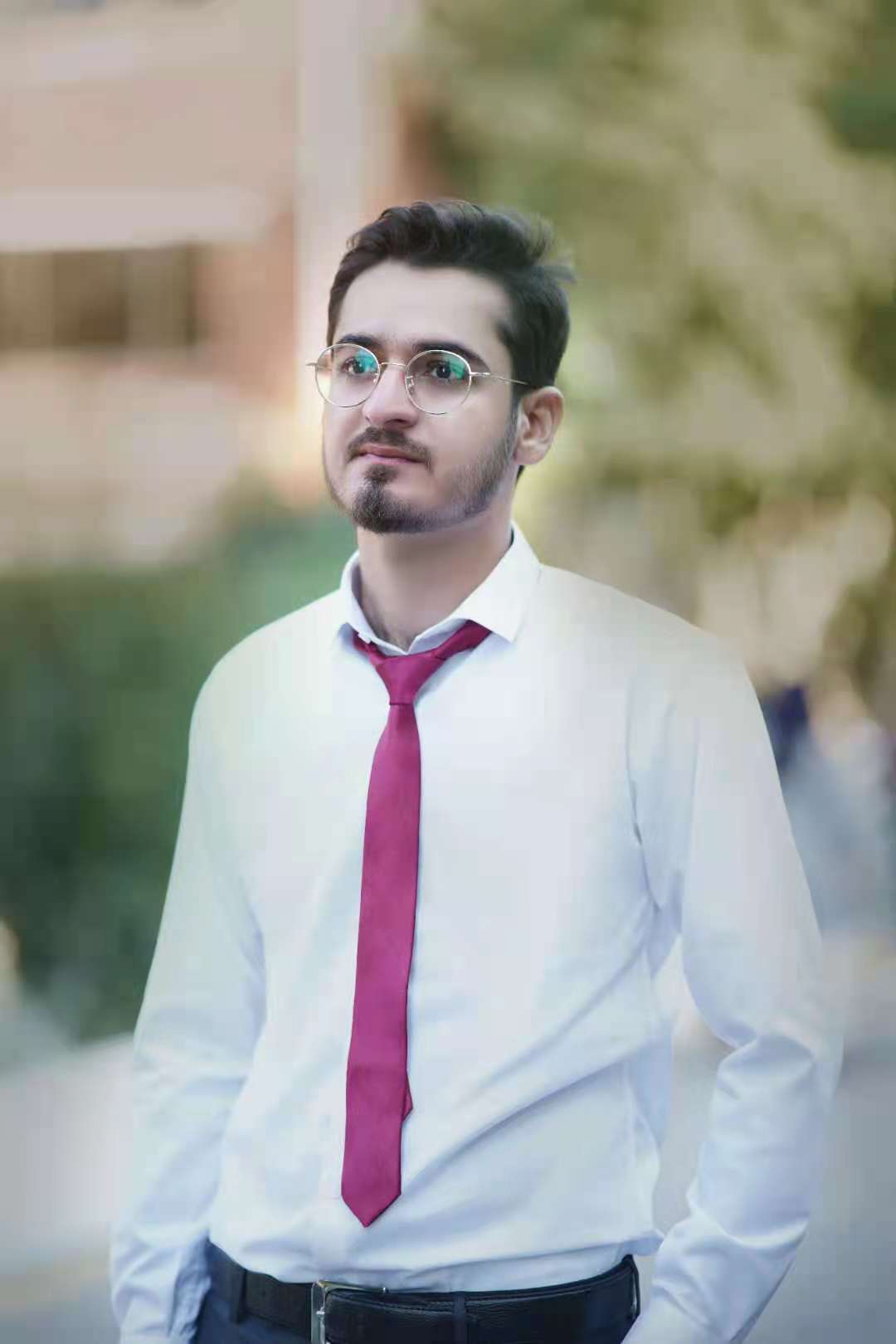Overview:
The EU project ICOS-Cities PAUL aims to observe and verify greenhouse gas emissions from densely populated urban areas in Europe. It compares available and novel observational strategies in three pilot cities (Paris, Munich, Zurich) and applies atmospheric modelling tools over a wide range of scales.
Our laboratory leads the development of the measurement infrastructure in Zurich, which combines a dense network of low- and mid-cost CO2 sensors with Eddy covariance measurements and a comprehensive network of meteorological observations, including wind Lidars. We combine the observations with two different modelling systems, operating on the mesoscale and the building-resolving scale, to quantify CO2 emissions by inverse modelling.
The first modelling system is GRAMM/GRAL, which takes advantage of the detailed anthropogenic emission inventory of the city of Zurich and of detailed information on biospheric CO2 fluxes from vegetation and human respiration. Inverse modelling is performed using an analytical Bayesian approach. The second system is the mesoscale atmospheric transport model ICON-ART, which we apply over a larger domain at a resolution of at least 500 m x 500 m in combination with an Ensemble Kalman Filter (EnKF) data assimilation system.
In this postdoc project, the two model systems will be set up and applied to estimate the CO2 emissions of Paris (with ICON-ART) and Zurich (with ICON-ART and GRAMM/GRAL) by inverse modelling. The work will be supported by an experienced scientist and by a team of experts in the application of the two models.
Your tasks
- Finalize the setup of GRAMM/GRAL with improved representation of biospheric CO2 fluxes.
- Implement an analytical inversion framework combining output from GRAMM/GRAL with measurements from the CO2 sensors in Zurich.
- Set up ICON-ART-EnKF with a central European and two nested domains for Zurich and Paris building on a setup that is currently being developed.
- Optimize the setup of the EnKF for the two cities by performing CO2 inversions with synthetically generated observations mimicking the data expected from the observation networks.
- Estimate anthropogenic and biospheric CO2 fluxes in the two cites by inverse modelling using actual observations generated in the project. Compare with results from GRAMM/GRAL.
- Participate in project meetings, manage Empa’s tasks and deliverables in the project, and publish results.
Required qualifications
- PhD degree in physics, atmospheric sciences, computational sciences or a related discipline.
- A strong background in computational modelling, ideally in atmospheric modelling.
- Excellent programming skills (e.g., Fortran, Python) and experience with high performance computing.
- Ability to communicate scientific results in peer-reviewed journals and conferences.
- Fluency in English is required; basic knowledge of German is desirable.
The successful candidate will benefit from a highly stimulating research environment with strong national and international collaborations, a large team of experienced model developers and users, and excellent computing infrastructure. Working place will be Empa in Dübendorf.
For further information contact Prof. Dr. Dominik Brunner, phone +41 58 765 49 44, email: [email protected] and visit the groups’ webpage
https://www.empa.ch/web/s503/modelling-remote-sensing
For further details on the project ICOS-Cities please refer to
https://www.icos-cp.eu/projects/icos-cities-project
We look forward to receiving your online application including a letter of motivation, CV, diplomas with transcripts and contact details of two referees. Please upload the requested documents through our webpage. Applications via email will not be considered.
Appointments will start preferably in May or June 2022. All applications received before 15 March will receive full consideration. Empa, David Heusser, Human Resources, Ueberlandstrasse 129, 8600 Dübendorf, Switzerland.
Apply:
https://apply.refline.ch/673276/1537/9JI1K33wRUsvNPvVZ8tMw-bEmhgJ0NeflqhoDcmn7dtHSTq7mcuRHQ/apply
Related articles:
Postdoc in Recovery of Valuable Materials from Marine Environment











